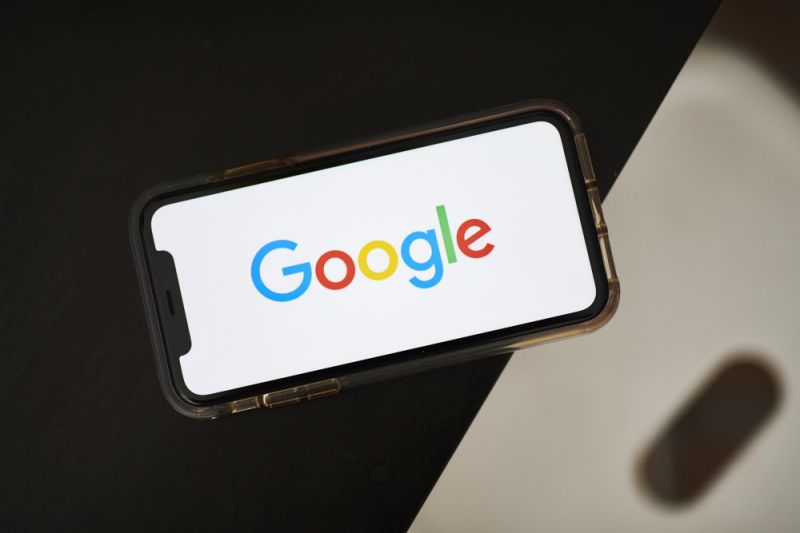(Bloomberg) — Google is limiting how its trove of location data is used in the fight against the novel coronavirus as the company balances government demands with user privacy concerns.
The largest U.S. internet company has been talking with other tech companies and governments about how to respond to the pandemic. Google has detailed information on the movement of billions of people who use its digital Maps and Android devices, and this has been identified as a useful asset.
In a statement on Tuesday, Google said it has not shared any “aggregate anonymized location data for this purpose as we are still assessing the best way to help.” The company also stressed that it has no plans to share or combine data with the industry.
The company didn’t completely rule out tapping this information in limited ways in the future.
“We’re exploring ways that aggregated anonymized location information could help in the fight against COVID-19,” a Google spokesperson wrote in an email. “One example could be helping health authorities determine the impact of social distancing, similar to the way we show popular restaurant times and traffic patterns in Google Maps.”
Civil liberties and privacy groups have criticized Google for broad data-collection activities and its practice of handing over information in response to law enforcement warrants. The company keeps a record of where many people go through its Location History feature, but it said on Tuesday that this product doesn’t provide “robust or high-confidence records for medical purposes” and the data can’t be adapted for this.
During a March 3 Senate hearing, an official from the U.S. Centers for Disease Control and Prevention said the agency was using Google location data for “travel patterns and for other means.”
Some politicians have called for Google to share “contact tracing” data — the precise location of people who have tested positive for Covid-19 and those they’ve come in contact with. “The Israelis, the South Koreans, the Taiwanese have figured out how to do this while respecting the norms of democracy,” Bill Cassidy, a Republican Senator from Louisiana, told Bloomberg News on Tuesday.
Google experts have determined that the data it collects through the Location History product “is inappropriate for this purpose,” the company said.
(Updates with Senator’s comments in eighth paragraph.)
<p class="canvas-atom canvas-text Mb(1.0em) Mb(0)–sm Mt(0.8em)–sm" type="text" content="For more articles like this, please visit us at bloomberg.com” data-reactid=”51″>For more articles like this, please visit us at bloomberg.com
<p class="canvas-atom canvas-text Mb(1.0em) Mb(0)–sm Mt(0.8em)–sm" type="text" content="Subscribe now to stay ahead with the most trusted business news source.” data-reactid=”52″>Subscribe now to stay ahead with the most trusted business news source.
©2020 Bloomberg L.P.













Add Comment